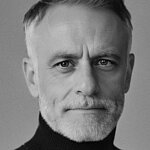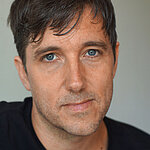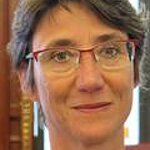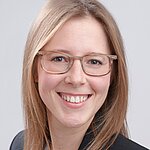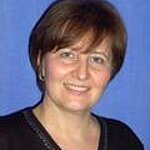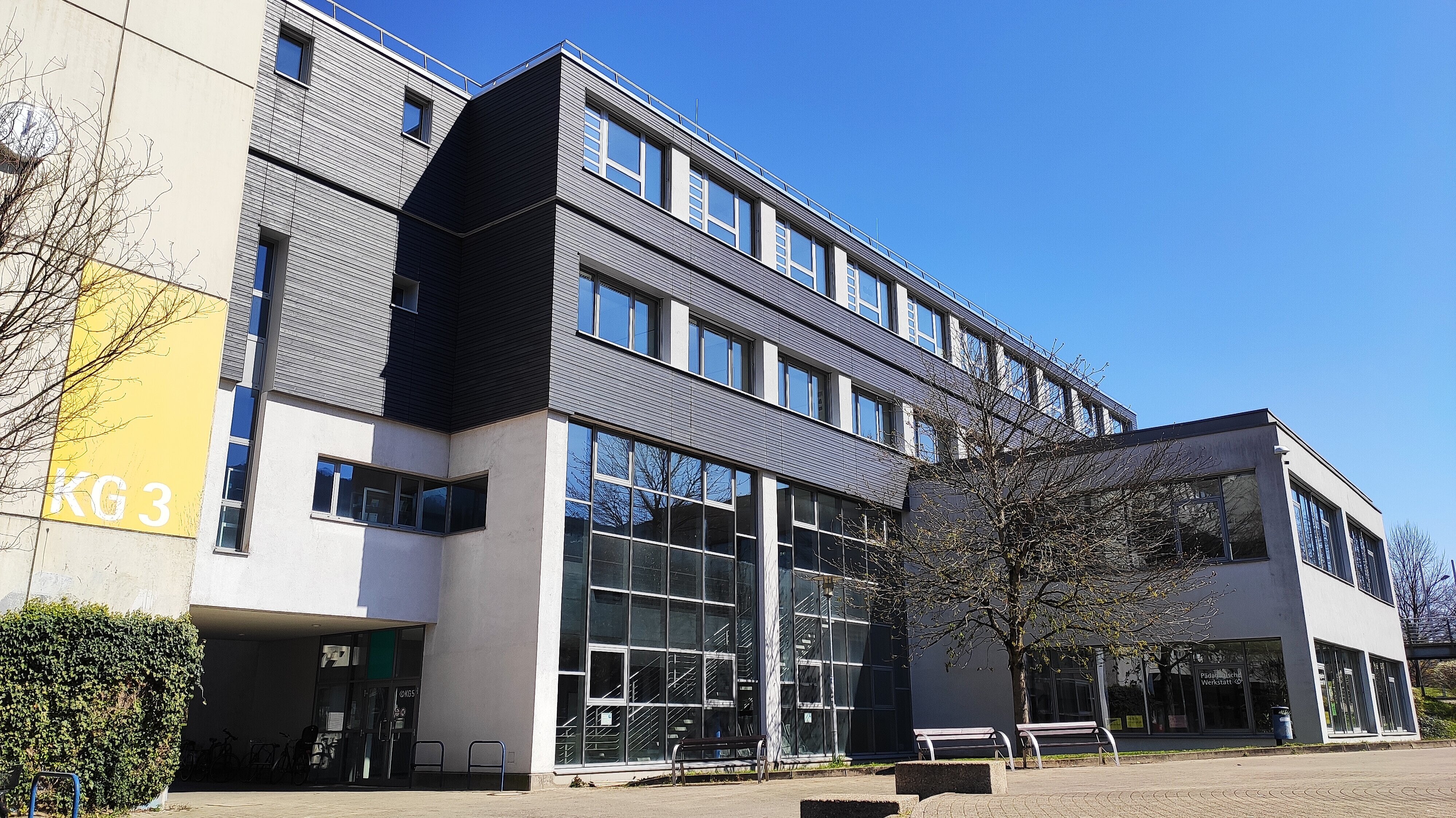Faculty I
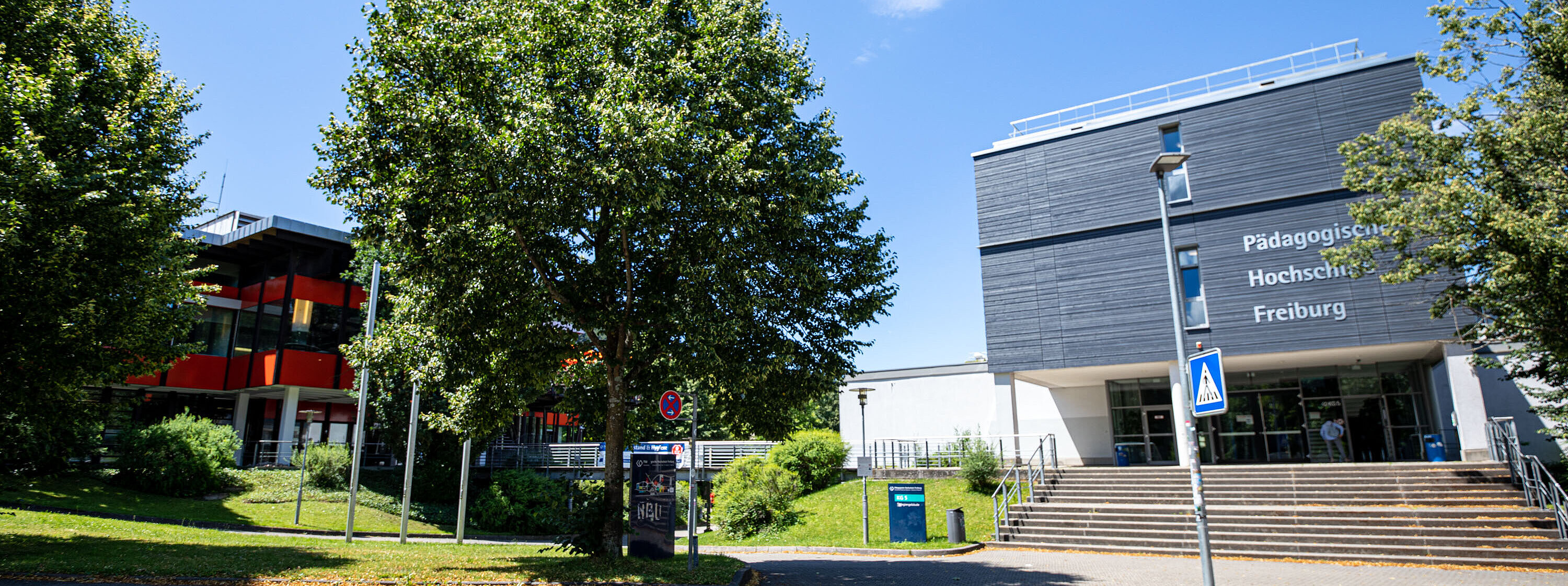
Faculty of Education
The Faculty of Education comprises the Department of Educational Science, the Department of Psychology, the Department of Sociology and the newly founded Department of Special Education. It is responsible for the educational content of all teacher training programmes at the university. It also supports the university in its cooperation with the University of Freiburg, FACE, in secondary school teacher training for Gymnasium . A number of university certificates can also be obtained at the faculty, including the Certificate in Pedagogical Handling of Heterogeneity in Schools and Teaching, the Certificate in Research Methods in Empirical Education and Social Sciences, and the Certificate in Diagnostics and Intervention in Learning, Behavioural and Developmental Disorders. The faculty has a total of around 1,100 students.
The faculty offers bachelor's degree programmes in Educational Science and Early Childhood Education, as well as master's degree programmes in Educational Science with a focus on Adult Education or Social Pedagogy, Psychology of Learning and Teaching, Teaching and School Development, and Vocational Education – Nursing/Business and Social Management.
Faculty staff cooperate with the other two faculties in various areas, including teacher training programmes, the Bachelor's programme in German as a Second/Foreign Language and the Master's programme in Health Education. Research and methodological skills are also a cross-cutting theme that leads to significant points of contact between the faculties. In addition, there are two inter-faculty study institutions headed by individual professors or faculty staff: the Centre for Teacher Training and the Study Plus programme for senior citizens. Alongside the Educational Workshop, the Faculty of Education runs the Teaching Workshop 'Health – Childhood – Living Environment' with the Faculty of Mathematics, Natural Sciences and Technology.
Contact Information
KG 2, Raum 221
Dean's Office of Faculty I
University of Education Freiburg
Kunzenweg 21
79117 Freiburg
Dean's Office Administration
Alla Dinges
Phone: +49 761 682-286
Email: dinges(at)ph-freiburg.de
Dean's Office
Dean
Vice Dean
Dean of Studies
Faculty Assistant
Administration
Degree Programmes
Almost all degree programmes at the University of Education Freiburg feature subjects from the Faculty of Education.
Bachelor's degree programmes
Master's degree programmes
Secondary School Teaching for Gymnasium (School of Education FACE)
University Certificate Programmes and Continuing Education Programmes
Committees
Professors
- Prof. Dr. Josef Nerb (Dean)
- Junior Prof. Dr. Maik Beege
- Prof. Dr. Traugott Böttinger
- Prof. Dr. Uwe Bittlingmayer
- Prof. Dr. Torsten Eckermann
- Prof. Dr. Sabine Flick
- Prof. Dr. Bettina Fritzsche (Dean of Studies)
- Prof. Dr. Andreas Köpfer (Vice Dean)
- Prof. Dr. Susanne Koerber
- Prof. Dr. Josef Künsting
- Prof. Dr. Rolf Plötzner
- Prof. Dr. Vanessa Völlinger
Substitute Member:
- Prof. Dr. Gudrun Schönknecht
Academic Staff
- Hannah Reuten (Doctoral Students' Council)
- Dr. Claudia Ingrisch-Rupp
- Dr. Carina Wolf
Substitute Members:
- Dr. Wiebke Scharathow
- Sarah Söhnen
- Dr. Vera Kolbe
Administration
- Alla Dinges
Student Members
- Johanna Meyer
- Paula Moraru
- Stefan Tesé
Members
- Prof. Dr. Bettina Fritzsche, Dean of Studies
- Dr. Rebecca Hofmann
- Dr. Stefan Wahl, Senior Academic Councillor
- Jasper Beck, Student
- Liane Lujic, Student
- Paula Moraru, Student
- Fabienne Ann-Sophie Obergfell, Student
Members
- Prof. Dr. Bettina Fritzsche
- Claudia Himmelsbach (Spokesperson)
- Prof. Dr. Karin Schleider
- Alena Rauch
Further information can be found here.
Departments
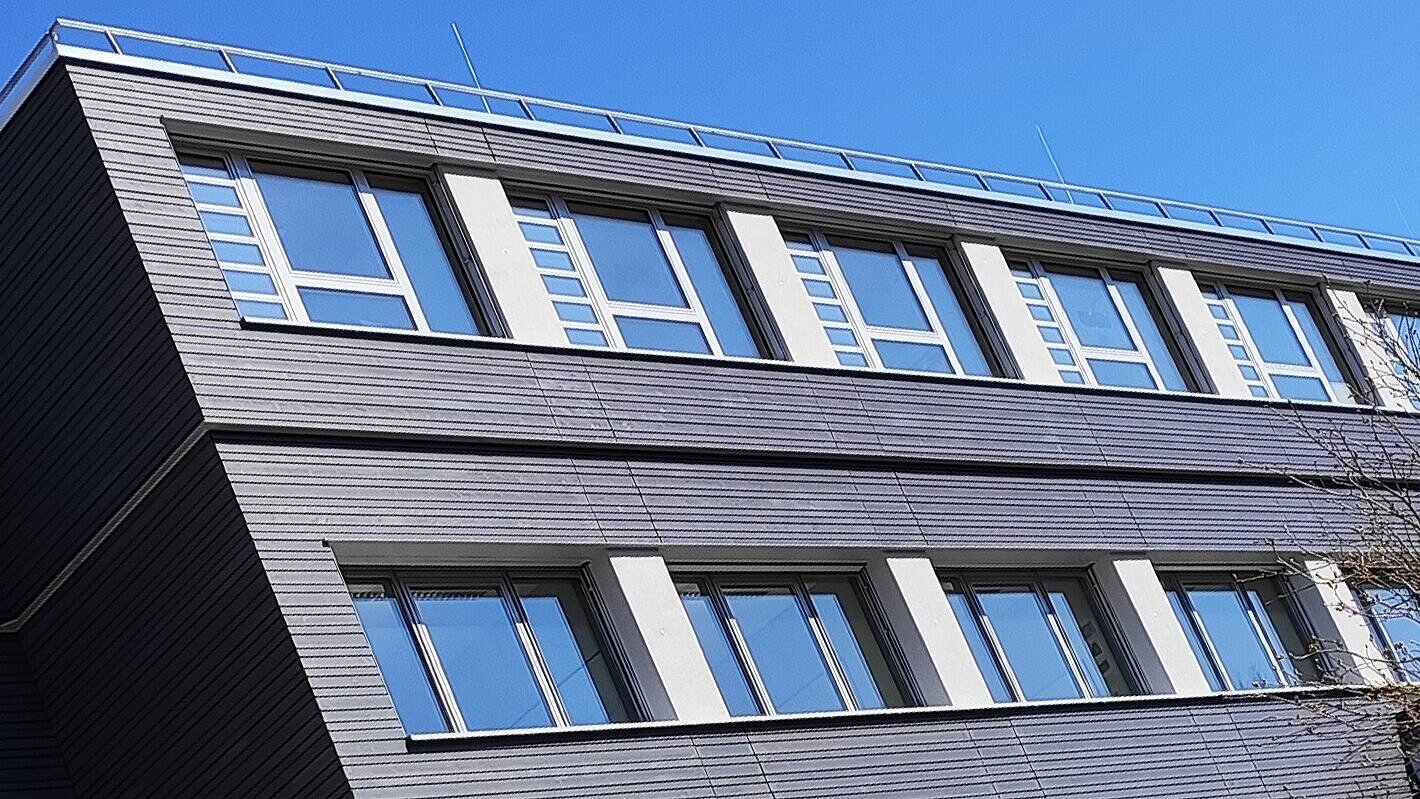
Department of Educational Science
The department is dedicated to researching and communicating about learning and educational processes across the entire lifespan. It combines fundamental and practice-oriented research and takes into account current social challenges such as digitalisation and inclusion.
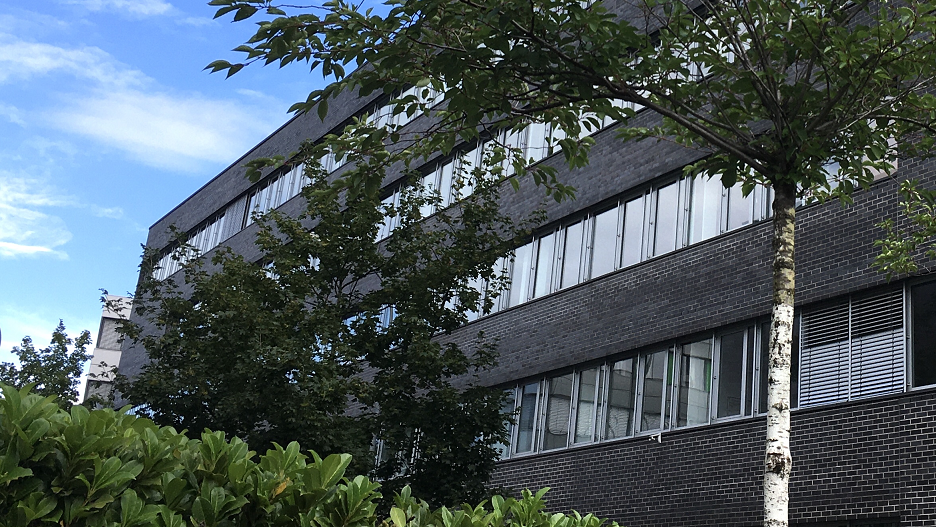
Department of Psychology
The department's teaching and research focus on designing participatory educational processes for children, adolescents and young adults in various educational settings. Students can study special needs education in the areas of learning, emotional and social development, intellectual development and language. They can also study various fields of action, such as inclusive educational programmes.
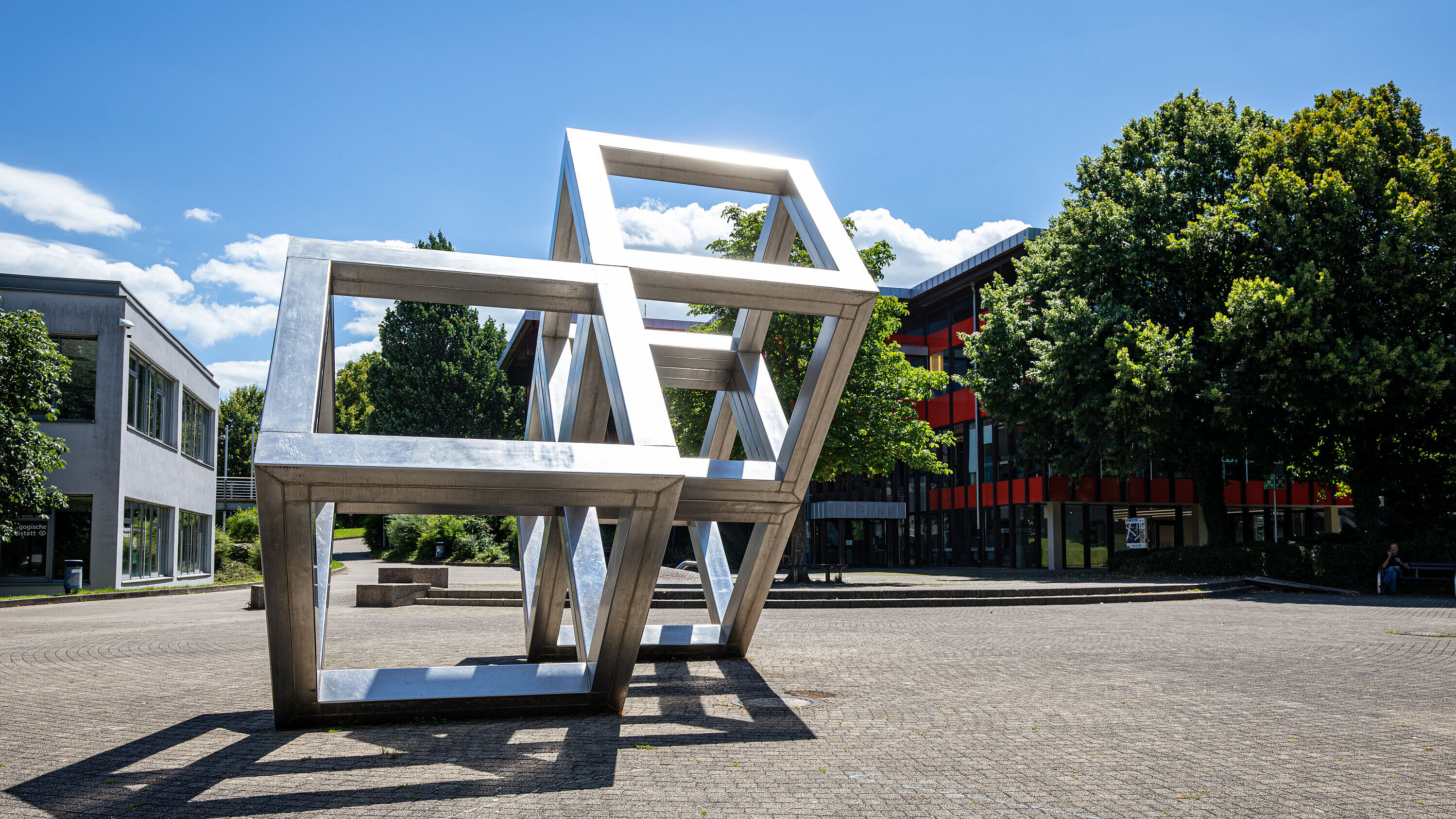
Department of Special Education
The department's teaching and research focus on designing participatory educational processes for children, adolescents and young adults in various educational settings. Students can study special needs education in the areas of learning, emotional and social development, intellectual development and language. They can also study various fields of action, such as inclusive educational programmes.

